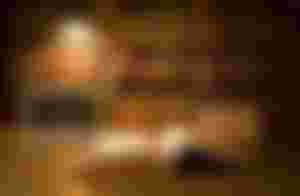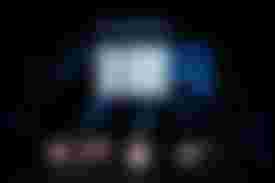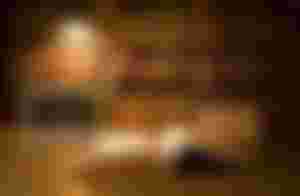
After the discovery of the law book and the exposure of its contents against the background of the worsening religious situation, Josiah made a convenant with the people to obey the law so that the nation might not be destroyed. He followed this up with thorough going religious Reform.
Josiah first attacked the Canaanite divinities: Baal and Asherah. The king ordered the priests to remove from the temple the vessels made for Baal and Asherah, and for all the hosts of heaven. He burned the vessels in the fields of Kidron, outside Jerusalem and carried the ashes to Bethel.
Josiah then deposed the idolatrous oroestsywhom the king's of Judah had ordained to burn incense at the high places in the cities of Judah and around Jerusalem. Likewise, he deposed all the priests who burned incense to Baal, the sun, the moon and the constellations and all the hosts of heaven.Father I give you praise, I worship you, you are sovereign and omnipotent, I acknowledge and appreciate your ability and commitment to preserving your own children. Blessed be your name forever in Jesus name.
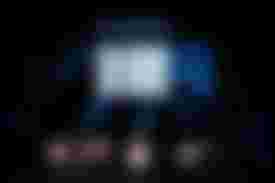
Josiah brought out the Asherah from the temple and burned it at the brook of Kidron; he ground it to dust and cast the dust upon the graves of the common people. He destroyed the houses of the male cult prostitutes inside the temple. He ordered all the priests out of the cities of Judah and instructed them to go to Jerusalem where he had centred all worship. He burned the high places from Geba to Beersheba where the priests had burned incense. He broke down the high places that were at the entrance of the gate of Joshua, the governor of the city. But, the deposed priests refused the order to move to Jerusalem.
The king defiled Topeth in the valley of Him on so as to out an end to the sacrifice of human beings to Molech. He removed the horses that the kings of Judah had dedicated to the Sunday the entrance to the temple. He burned the chariots of the sun with fire. He destroyed altars erected by Shaz and Manasseh. He defiled the high places east of Jerusalem which Solomon had built for Ashtoreth, Chemosh and Milcon. He destroyed the Asherah and filled their places with the bones of dead men, thus defiling them.
Josiah carried the reform to the former Northern Kingdom of Isreal. He destroyed the altar at Bethel awhicj Jeroboam, the sin of Nebat, had built and burned down the Asherah. He defiled the altar with dead men's bones. All the shrines of the high places in the cities of Samaria were destroyed. Finally, the king killed all the idolatrous priests in the northern Kingdom before returning to Jerusalem. Josiah celebrated the Passover and centred it's performance in Jerusalem. He then destroyed the Wizards and mediums, as well as the teraphim or household gods and other idols.
THE SIGNIFICANCE OF THE RELIGIOUS REFORM OF JOSIAH
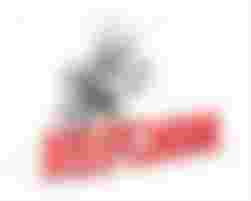
The importance of Josiah's reform lies in the fact that it was a bold attempt to correct the social and religious mistakes of the past. The chronic problem of idolatry was reversed with the restoration of the pure worship of Yahweh. However, the reforms were superficial in that they dealt mainly with the external reforms of the Religion. They did not lead to the moral regeneration of the nation. The people still continued in their sins and were consequently punished by God with the exile, and the deportation beginning from 586BC. The message of Josiah reform is that we must also make bold attempts to correct all the mistakes of our past. All areas of national life must be seriously looked into. From the failure of Josiah's reform, we learn not to make ours superficial. We must let it go deep enough to reawaken the moral conscience of our nations or our countries towards a better and brighter future for us and for generations yet unborn.
Having read this great piece which is indeed knowledge filled, has there been a change of your mindset? Do you still want to live and dwell in sin? Or you are willing to embrace Religious reforms for the betterment and forward moving of our society? Choose your choice.
